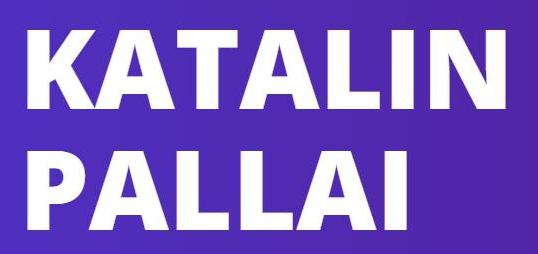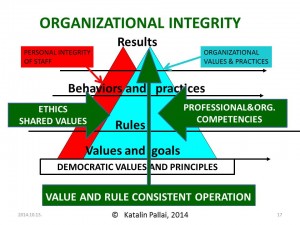 As public integrity and integrity management are relatively new terms I add a short explanation. Public integrity management became important as means for corruption prevention and strengthening public trust in government. However, its importance is wider. It is a pillar of good governance. Democratic public integrity means that the political system and public administration uses the powers and resources entrusted to them according to the democratic values and principles for the implementation of the officially accepted purposes and justified public interest. Public integrity management is a complex challenge it is about enhancing the ethos of democratic integrity and creating the institutional setting that operates according to it.
As public integrity and integrity management are relatively new terms I add a short explanation. Public integrity management became important as means for corruption prevention and strengthening public trust in government. However, its importance is wider. It is a pillar of good governance. Democratic public integrity means that the political system and public administration uses the powers and resources entrusted to them according to the democratic values and principles for the implementation of the officially accepted purposes and justified public interest. Public integrity management is a complex challenge it is about enhancing the ethos of democratic integrity and creating the institutional setting that operates according to it.
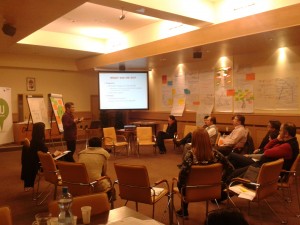 Re-design of the post-graduate education program for integrity advisors, 2014
Re-design of the post-graduate education program for integrity advisors, 2014
I was commissioned to redesign the formerly traditional academic education program for integrity advisors to a modern competency based program. The goal of the new approach is to develop both the professional competences in the specific roles the advisors need to play in public organizations, and to foster the ethos needed for fulfilling these roles in the public domain. Nine professional competency subjects are in the focus of the curriculum, that cover the roles assigned to integrity advisors. Academic knowledge is connected to these professional competencies and are taught to offer conceptual foundation and underpinning to difficult professional decisions. Personal competency development trainings complete these subjects. One methodological innovation is the wide use of experiential methods in order to develop reflective and argumentative skills of the students, the other is a deliberate norm socialization process during the training that is aimed to offer models for similar activities that the advisors have to perform in their organizations during their practice.
Design of Public Ethics and Integrity curricula for civil servants and public leaders, 2014
In the frame of the life-long education program for civil servants I designed a one day long Public Ethics training methodology for staff members and a 2,5 days Integrity management curriculum for public sector leaders and trained the trainers for the trainings. Due to the good reputation of the previous integrity trainings presented during the earlier mentioned EU sponsored project, a large number enrolled already in the first months. According the forecast by the end of 2014 15% of the Hungarian civil service will be trained by my methodologies.
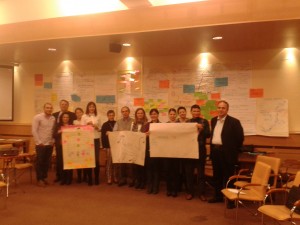 International Peer Review of the Integrity management traininng for public officials, 2013
International Peer Review of the Integrity management traininng for public officials, 2013
On the basis of my Hungrian integrity management training I developed a methodology for an international group consisting of government officials and representatnts of national anticorruption agencies from South and Eastern Europe and Turkey. This international trining was peer reviewed by a high level international peer team. See the reports on the links below
EllenGPeerReviewTraining10-12Dec13 short
Anticorruption and integrity courses at the National University for Public Service, Hungary, since 2013
On the basis of the methodology I had developed for civil servants I also developed a course on integrity management for MA level university education. From 2015 the course is part of the obligatory curriculum at the National University of Public Service and introduced on other Hungarian universities as well. I also teach an adopted version of the course and present the key ideas in the frame of the subject on Good Governance in the international ACADIPUS program of the university for students arriving from different continents and taking part in international MA or PhD programs.
Intergity management trainings, Hungary, 2012-13
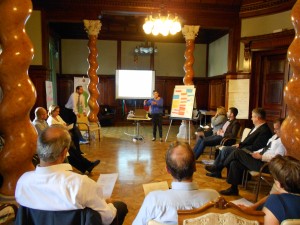 In the frame of a large EU financed project on Corruption Prevention, implemented in cooperation between the Hungarian National University of Public Service and the Ministry of Public Administration, I was commissioned to develop training curricula for integrity advisors and civil servants. On the basis of the curricula the largest further education program of the Hungarian public administration is being implemented: more than 800 senior civil servants and 8500 civil servants are educated on corruption prevention and on approaches to strengthen organizational integrity. I have also presented the training for a group of state secretaries, deputy state secretaries and government commissioners. The methodology was acknowledge as innovative even in the 2014 Anticorruption Report of the European Commission.
In the frame of a large EU financed project on Corruption Prevention, implemented in cooperation between the Hungarian National University of Public Service and the Ministry of Public Administration, I was commissioned to develop training curricula for integrity advisors and civil servants. On the basis of the curricula the largest further education program of the Hungarian public administration is being implemented: more than 800 senior civil servants and 8500 civil servants are educated on corruption prevention and on approaches to strengthen organizational integrity. I have also presented the training for a group of state secretaries, deputy state secretaries and government commissioners. The methodology was acknowledge as innovative even in the 2014 Anticorruption Report of the European Commission.
